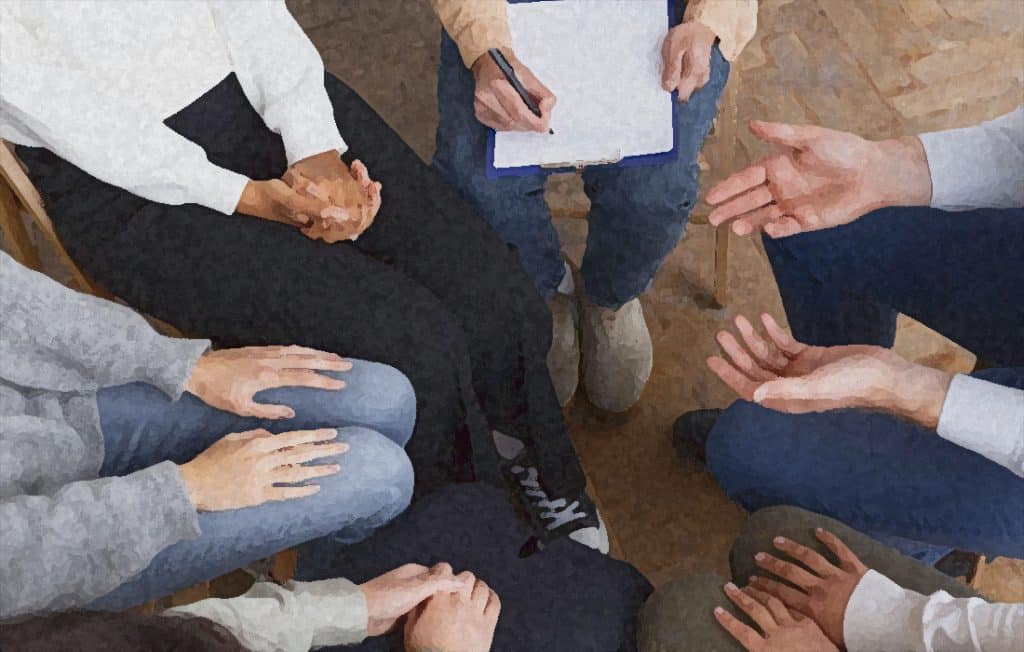A new study has found that Black people are dying from opioid overdoses at a rate three times higher than white people. The study, which was published, analyzed data on overdose deaths that occurred between 1999 and 2017. The results imply that Black people continue to experience greater disparities in opioid overdose deaths.
According to earlier research, Black people are more likely than White people to be prescribed opioids for pain relief, and they are also more likely to receive higher doses of these drugs. The new study found that these disparities may contribute to the higher rate of overdose deaths among Black people. The study’s authors suggest that more research is needed to understand the factors contributing to the disparities in opioid overdose deaths.
The study found that Black people are dying from opioid overdoses at a rate three times higher than white people.
A recent study has found that Black people are dying from opioid overdoses at a rate three times higher than white people. It is an alarming trend and underscores the need for more targeted interventions to address the issue. The disparity may be explained by the higher prevalence of opioid prescriptions for pain relief among Black people. It’s essential, though, that Black people have a higher likelihood of experiencing chronic stress and poverty, both of which can result in substance abuse. Whatever the reason, it is evident that not everyone is benefiting from the current strategy for combating the opioid epidemic. More needs to be done to guarantee that everyone in the community has access to treatment and recovery services. We won’t be able to stop this terrible crisis until then.
Black people are also much less likely to receive medication-assisted treatment for opioid addiction.
According to a recent study, the disparities in opioid overdose deaths for Black people keep worsening. According to a study published in the Journal of the American Medical Association, black people are much less likely to receive medication-assisted treatment for opioid addiction. Even though Black people are the race with the highest rate of fatal opioid overdoses, it is still the case. The study’s authors say that these findings highlight the need for more targeted efforts to address the opioid epidemic among Black people. They also call for more research on the barriers to treatment that Black people face.

The study’s authors say that these disparities are due to several factors, including poverty.
According to a new study, disparities in opioid overdose deaths between Black and white people continue to widen. The study’s authors say that these disparities are due to several factors, including poverty. In addition, Black people are less likely to have access to treatment for opioid addiction. The authors say these disparities must be addressed to reduce overdose deaths. They recommend that policymakers focus on increasing access to treatment and addressing the underlying socioeconomic conditions that contribute to overdose.
The report suggests that the disparity is due to poor access to quality healthcare and addiction treatment services.
A recent report has shed light on the growing disparity between life expectancy rates in rural and urban areas of the United States. The report suggests that the difference is due to a lack of access to quality healthcare and addiction treatment services in rural areas. In addition, rural residents are more likely to suffer from obesity and diabetes, and they are also more likely to smoke cigarettes. The report’s findings underscore the need for policy changes to improve access to quality healthcare and addiction treatment services in rural areas. In addition, more public health initiatives are needed to tackle the issue of obesity and diabetes in rural communities. Only by addressing these underlying issues can we hope to close the life expectancy gap between rural and urban America.
It’s important to destigmatize addiction and provide support for those affected.
Millions of people worldwide are afflicted by the severe disease known as addiction. It is a chronic and relapsing condition that can cause devastating consequences, including financial ruin, relationship problems, and health complications. Despite its seriousness, addiction is often stigmatized and misunderstood. Too often, people with addiction are seen as weak or morally corrupt. This stigma prevents many people from seeking the help they need. It’s important to destigmatize addiction and provide support for those affected. Addiction is a complex disease that requires treatment. With the proper care and assistance, addicts can get well and live happy, fulfilling lives.
More research is needed to develop targeted interventions and prevention strategies.
In recent years, there has been an increasing focus on the need for targeted interventions and prevention strategies to address the mental health problem among young people. While this is a positive development, more research is needed to develop effective interventions and prevention strategies. The fact that various factors can contribute to mental health issues is one of the difficulties in this field, including genetic vulnerabilities, family dynamics, exposure to trauma, and individual coping skills. It can be challenging to create efficient interventions for all young people. Another challenge is that mental health problems often emerge during adolescence when young people experience significant changes in their bodies and brains. It makes it difficult to determine whether an intervention is working or if the problem would have resolved itself without intervention. Despite these challenges, we must continue researching targeted interventions and prevention strategies for mental health problems in young people. Only through continued research will we be able to develop practical solutions to this growing problem.
The American opioid crisis has been devastating, and Black communities have been particularly hard hit. A new study has found that Black people are dying from overdoses at a rate three times higher than white people, suggesting that a lack of access to high-quality healthcare and addiction treatment services is the cause of the disparity. It’s important to destigmatize addiction and support those affected by this disease. With more research, we can develop targeted interventions and prevention strategies to save lives. You can help by donating to organizations supporting addiction treatment and prevention. Every little bit helps!

